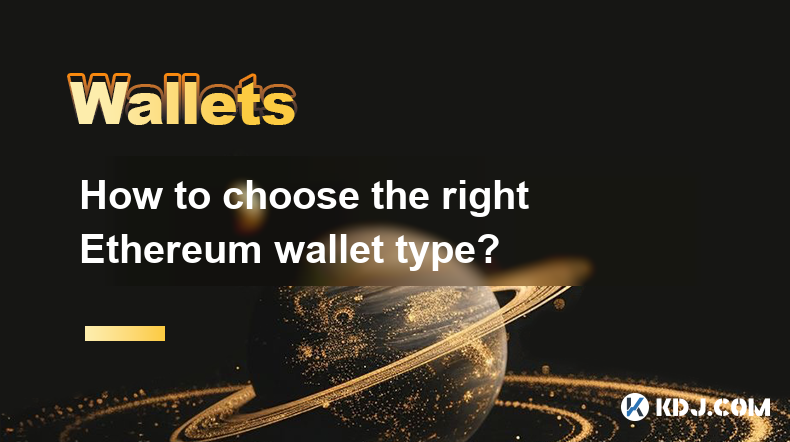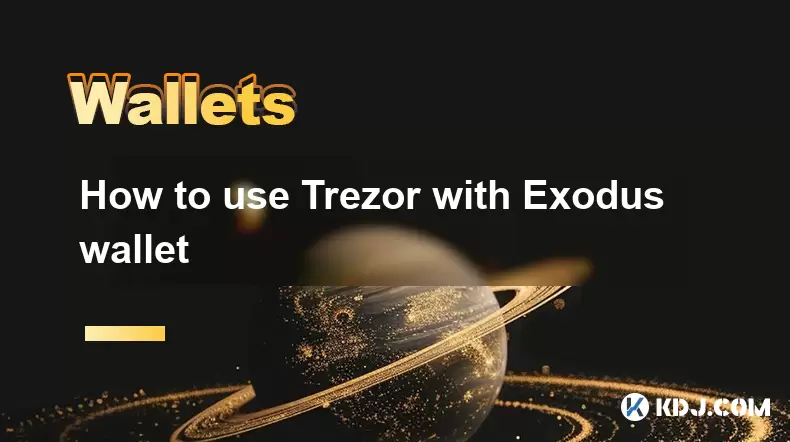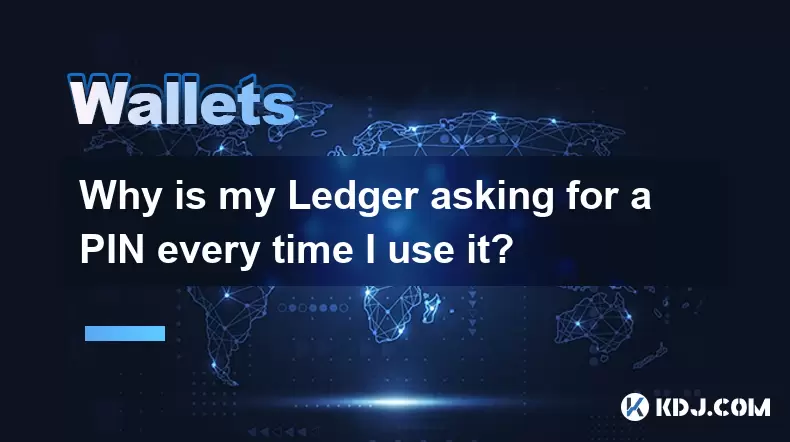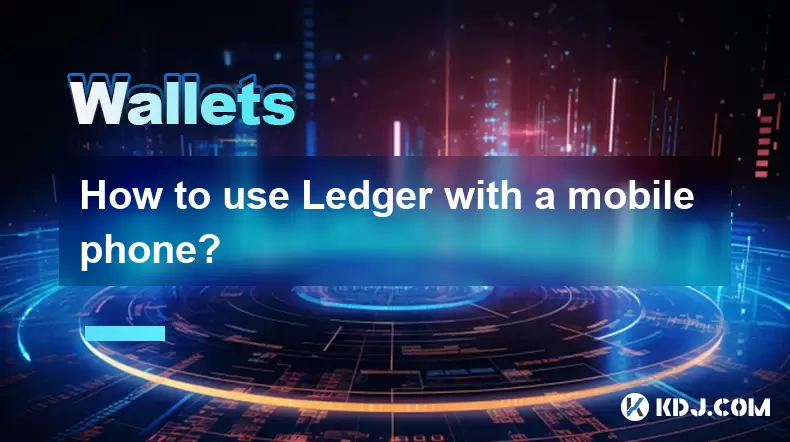-
 Bitcoin
Bitcoin $109,097.4805
1.18% -
 Ethereum
Ethereum $2,619.0872
3.68% -
 Tether USDt
Tether USDt $1.0001
0.00% -
 XRP
XRP $2.3167
0.83% -
 BNB
BNB $661.5548
0.34% -
 Solana
Solana $152.1243
1.68% -
 USDC
USDC $1.0000
0.00% -
 TRON
TRON $0.2868
0.22% -
 Dogecoin
Dogecoin $0.1713
2.65% -
 Cardano
Cardano $0.5904
2.01% -
 Hyperliquid
Hyperliquid $38.7227
-0.22% -
 Sui
Sui $2.9237
2.48% -
 Bitcoin Cash
Bitcoin Cash $502.2343
2.51% -
 Chainlink
Chainlink $13.8189
3.51% -
 UNUS SED LEO
UNUS SED LEO $9.0713
0.61% -
 Stellar
Stellar $0.2577
3.55% -
 Avalanche
Avalanche $18.3973
2.90% -
 Shiba Inu
Shiba Inu $0.0...01190
3.69% -
 Toncoin
Toncoin $2.7908
0.97% -
 Hedera
Hedera $0.1615
2.27% -
 Litecoin
Litecoin $87.4295
2.44% -
 Monero
Monero $310.3402
-2.08% -
 Polkadot
Polkadot $3.4598
2.90% -
 Dai
Dai $1.0001
0.01% -
 Ethena USDe
Ethena USDe $1.0003
0.04% -
 Bitget Token
Bitget Token $4.3123
0.75% -
 Uniswap
Uniswap $7.7548
6.56% -
 Aave
Aave $292.3175
4.12% -
 Pepe
Pepe $0.0...01023
2.94% -
 Pi
Pi $0.4613
1.06%
How to choose the right Ethereum wallet type?
Mar 24, 2025 at 09:14 pm

How to Choose the Right Ethereum Wallet Type?
Choosing the right Ethereum wallet is crucial for securing your ETH and other ERC-20 tokens. The best type depends heavily on your technical skills, the amount of ETH you hold, and how frequently you transact. Different wallets offer different levels of security and convenience. Understanding these trade-offs is key to making an informed decision.
Software Wallets (Hot Wallets):
Software wallets, also known as hot wallets, are applications you install on your computer or mobile device. They offer ease of access and are convenient for frequent transactions. However, they are generally considered less secure than hardware wallets because they are connected to the internet, making them vulnerable to hacking and malware.
- Desktop Wallets: These wallets are installed on your computer. Examples include Parity, Mist, and Exodus. They usually offer advanced features but are vulnerable if your computer is compromised.
- Mobile Wallets: These are apps installed on your smartphone or tablet. Trust Wallet and MetaMask mobile are popular choices. Convenient for on-the-go transactions, but susceptible to phone theft or malware.
- Web Wallets: These are accessed through a web browser. MetaMask is a well-known example. While convenient, they rely on the security of the website and browser, posing security risks.
Hardware Wallets (Cold Wallets):
Hardware wallets are physical devices designed to store your private keys offline. They are generally considered the most secure option for storing significant amounts of cryptocurrency. Because they are not connected to the internet, they are much less susceptible to hacking.
- Ledger and Trezor: These are the most popular hardware wallets, offering robust security features and user-friendly interfaces. They require a small initial investment but provide peace of mind for long-term storage.
Paper Wallets:
Paper wallets are essentially a printout of your public and private keys. While offering a high level of security when stored properly, they are prone to damage, loss, and require careful handling. They are generally not recommended for beginners due to the complexity involved in their generation and use.
Choosing the Right Wallet Based on Your Needs:
- Beginner: A mobile wallet like Trust Wallet or a browser extension like MetaMask offer a good balance of ease of use and security for smaller amounts of ETH.
- Experienced User with Large Holdings: A hardware wallet such as a Ledger or Trezor is the recommended choice for securing substantial amounts of ETH. The added security is worth the investment.
- Frequent Trader: A desktop or mobile wallet might be more suitable for frequent trading, but be mindful of the increased security risks. Always practice good security habits.
- Long-Term Holder: Hardware wallets or paper wallets (with extreme caution) are ideal for long-term storage, minimizing exposure to online threats.
Security Considerations for All Wallet Types:
Regardless of the wallet type you choose, it’s crucial to follow best security practices. These include:
- Strong Passphrases: Use strong, unique passphrases for all your wallets. Avoid using easily guessable information.
- Two-Factor Authentication (2FA): Enable 2FA whenever possible to add an extra layer of security.
- Regular Software Updates: Keep your wallet software updated to benefit from the latest security patches.
- Beware of Phishing: Be cautious of suspicious emails or websites claiming to be associated with your wallet provider.
- Offline Backup: Always back up your seed phrase or recovery key and store it securely offline. This is crucial for restoring access to your funds if your device is lost or damaged.
Frequently Asked Questions:
Q: What is a seed phrase, and why is it important?
A: A seed phrase is a list of words that acts as a master key to your cryptocurrency wallet. It's crucial because it allows you to recover access to your funds if you lose your device or forget your password. Keep it safe and offline.
Q: What is the difference between a public and private key?
A: Your public key is like your bank account number – it's used to receive funds. Your private key is like your bank PIN – it's used to authorize transactions and is essential for security. Never share your private key with anyone.
Q: Are hardware wallets completely secure?
A: While hardware wallets are significantly more secure than software wallets, they are not entirely immune to security risks. Physical theft or sophisticated attacks remain possibilities. However, they represent the best balance of security and usability for significant cryptocurrency holdings.
Q: Which wallet is best for beginners?
A: For beginners, user-friendly mobile wallets like Trust Wallet or browser extensions like MetaMask are good starting points. They offer a balance between convenience and a reasonable level of security for smaller amounts of cryptocurrency.
Q: Can I use the same wallet for multiple cryptocurrencies?
A: Some wallets support multiple cryptocurrencies, while others are designed for specific coins or tokens. Check the wallet's specifications before using it to store different assets. Many wallets supporting ETH also support ERC-20 tokens.
Q: What should I do if I lose my seed phrase?
A: Losing your seed phrase means you'll likely lose access to your funds. There's generally no recovery method, emphasizing the critical importance of securely storing your seed phrase.
Q: How can I protect my wallet from phishing attacks?
A: Be extremely cautious about links and emails claiming to be from your wallet provider. Always verify the legitimacy of the website before entering any sensitive information. Never share your seed phrase or private key with anyone.
Q: What are the risks associated with web wallets?
A: Web wallets are convenient but less secure than hardware or even well-maintained desktop wallets. They rely on the security of the website and your browser, making them more vulnerable to hacking and malware.
Q: How often should I update my wallet software?
A: Update your wallet software regularly. Wallet providers frequently release updates that patch security vulnerabilities, protecting your funds from potential threats.
Haftungsausschluss:info@kdj.com
Die bereitgestellten Informationen stellen keine Handelsberatung dar. kdj.com übernimmt keine Verantwortung für Investitionen, die auf der Grundlage der in diesem Artikel bereitgestellten Informationen getätigt werden. Kryptowährungen sind sehr volatil und es wird dringend empfohlen, nach gründlicher Recherche mit Vorsicht zu investieren!
Wenn Sie glauben, dass der auf dieser Website verwendete Inhalt Ihr Urheberrecht verletzt, kontaktieren Sie uns bitte umgehend (info@kdj.com) und wir werden ihn umgehend löschen.
-
 M Jetzt handeln
M Jetzt handeln$0.2020
33.45%
-
 CRO Jetzt handeln
CRO Jetzt handeln$0.0943
16.09%
-
 SHX Jetzt handeln
SHX Jetzt handeln$0.0118
15.26%
-
 LAUNCHCOIN Jetzt handeln
LAUNCHCOIN Jetzt handeln$0.1323
14.88%
-
 VVS Jetzt handeln
VVS Jetzt handeln$0.0...02144
14.69%
-
 HSK Jetzt handeln
HSK Jetzt handeln$0.6711
13.86%
- Kraken, Heckflügel und Memecoins: Eine wilde Fahrt zum Grand Prix in Singapur!
- 2025-07-09 00:50:12
- Cronos sprunghaft zu springen
- 2025-07-09 01:30:12
- Ethereums Wall Street Love & Ruvi Ai's Audit Rally: Ein Krypto -Cocktail
- 2025-07-09 00:55:12
- Krypto -Münzen mit Wachstumspotenzial: Top -Picks für versierte Investoren
- 2025-07-09 01:35:13
- Onyxcoin (XCN) gegen Solana (SOL): Eine vielversprechende Wette im Krypto -Spiel?
- 2025-07-09 00:30:12
- Angebotsschub des PI -Netzwerks: Ein Rezept für Preisprobleme?
- 2025-07-09 02:10:13
Verwandtes Wissen

Was passiert, wenn ich meine Trezor -Passphrase vergesse
Jul 09,2025 at 03:15am
Verständnis der Rolle einer Trezor -Passphrase Wenn Sie eine Trezor -Hardware -Brieftasche verwenden, haben Sie möglicherweise eine Passphrase als zus...

Wie man Trezor mit Exodus -Brieftasche benutzt
Jul 09,2025 at 12:49am
Verbinden Sie Trezor -Hardware -Brieftasche an Exodus -Software -Brieftasche Um Trezor mit Exodus -Brieftasche zu verwenden, müssen Benutzer die Hardw...

Warum fragt mein Hauptbuch jedes Mal, wenn ich es benutze, um eine PIN?
Jul 08,2025 at 11:21pm
Verständnis des Zwecks des PINs auf Ihrem Hauptbuchgerät Der PIN (Personalidentifikationsnummer) ist eine entscheidende Sicherheitsfunktion, die in je...

Kann ich meine Krypto ohne Ledger -Gerät wiederherstellen, wenn ich den Ausdruck habe?
Jul 09,2025 at 01:36am
Verständnis der Rolle eines Wiederherstellungsausfalls in der Kryptosicherheit Wenn Sie Ihren Wiederherstellungsausdruck haben, aber kein Ledger -Gerä...

Kann ich mehrere PIN -Codes in einem Hauptbuch haben?
Jul 09,2025 at 12:35am
Verständnis der Grundlagen des dezentralen Austauschs (DEXS) Ein dezentraler Austausch oder Dex ist eine Art von Kryptowährungshandelsplattform, die o...

Wie benutze ich Ledger mit einem Mobiltelefon?
Jul 08,2025 at 10:49pm
Anschließen von Ledger -Hardware -Brieftaschen mit mobilen Geräten Die Verwendung eines Ledger -Hardware -Brieftasche mit einem Mobiltelefon bietet ei...

Was passiert, wenn ich meine Trezor -Passphrase vergesse
Jul 09,2025 at 03:15am
Verständnis der Rolle einer Trezor -Passphrase Wenn Sie eine Trezor -Hardware -Brieftasche verwenden, haben Sie möglicherweise eine Passphrase als zus...

Wie man Trezor mit Exodus -Brieftasche benutzt
Jul 09,2025 at 12:49am
Verbinden Sie Trezor -Hardware -Brieftasche an Exodus -Software -Brieftasche Um Trezor mit Exodus -Brieftasche zu verwenden, müssen Benutzer die Hardw...

Warum fragt mein Hauptbuch jedes Mal, wenn ich es benutze, um eine PIN?
Jul 08,2025 at 11:21pm
Verständnis des Zwecks des PINs auf Ihrem Hauptbuchgerät Der PIN (Personalidentifikationsnummer) ist eine entscheidende Sicherheitsfunktion, die in je...

Kann ich meine Krypto ohne Ledger -Gerät wiederherstellen, wenn ich den Ausdruck habe?
Jul 09,2025 at 01:36am
Verständnis der Rolle eines Wiederherstellungsausfalls in der Kryptosicherheit Wenn Sie Ihren Wiederherstellungsausdruck haben, aber kein Ledger -Gerä...

Kann ich mehrere PIN -Codes in einem Hauptbuch haben?
Jul 09,2025 at 12:35am
Verständnis der Grundlagen des dezentralen Austauschs (DEXS) Ein dezentraler Austausch oder Dex ist eine Art von Kryptowährungshandelsplattform, die o...

Wie benutze ich Ledger mit einem Mobiltelefon?
Jul 08,2025 at 10:49pm
Anschließen von Ledger -Hardware -Brieftaschen mit mobilen Geräten Die Verwendung eines Ledger -Hardware -Brieftasche mit einem Mobiltelefon bietet ei...
Alle Artikel ansehen

























































































